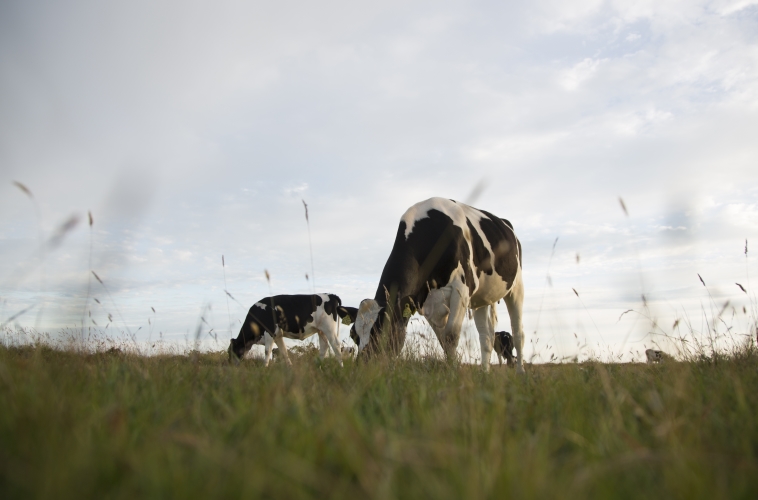The Arlagården program, which has been in place since 2003, has been revised so its audit methods and reporting will be fully aligned for all 9,700 farmers owners across seven European countries.
The cooperative has also set a goal to reduce carbon emission by 30% by 2030 and produce carbon net zero dairy by 2050.
“It is vital to our cooperative’s success and reputation that people can maintain their trust in us farmers. We have accelerated our sustainability journey because as an industry we need to do more and we need to do it faster,” Arla Foods chairman Jan Toft Nørgaard said.
“With the new Arlagården program we will provide consumers and customers with more detailed knowledge about the way we produce our milk and treat our cows and how we closely monitor the ongoing development on our farms. At the same time, we give the individual farmer more freedom and flexibility in how he or she chooses to meets our standards.”
Going forward, the revised program shifts its focus from how farmer owners improve performance on their farms to the results they deliver.
One of the major changes to Arlagården is that Arla farmers will have to self-assess their farms on a quarterly basis. To help with this new task, farmers have been able to access a knowledge transfer program to learn how to submit their data before the first deadline on June 2. This will create the highest level of data submitted yet, helping farmer owners identify opportunities within their own data and through the shared database.
“The self-assessments will serve as a kind reminder to us farmers to confirm on an ongoing basis that we keep our cows in good health and maintain a high milk quality. At the same time, we as farmers can utilize the database as a source of inspiration for on farm benchmarking and improvements. It will also allow the cooperative to quickly spot if there is a need for further audits and support to help a farmer meet our shared standards,” Nørgaard said.
On top of the self-assessment, there will be three different types of on-farm audits, all conducted by SGS, a Swiss inspection, verification, testing and certification company. Basic audits will take place on farms at least every three years, while attention audits will be arranged if the basic audit or the data submitted from the self-assessment indicates irregularities. Finally, randomly-selected spot check audits will take place with 48 hours’ notice to the farmer.
“Since Arlagården was introduced 17 years ago, it has been one of our core strengths and main competitive advantages,” Nørgaard said.
“But we can’t stand still. We know that consumer expectations for sustainable high-quality food production continue to grow, and governments across Europe are looking to the industry to drive positive change. As the Institute for European Environmental Policy report commissioned by Arla demonstrated, partnerships and real solutions that work for farmers, the wider industry and consumers are essential to delivering that sustainable future. This strengthened management programme is an important part of that solution to deliver our shared ambition for sustainable dairy production.”
The program now has updated standards. The revisions reflect customers’ current requirements regarding milk quality, food safety and animal welfare, as well as a focus on sustainability.
The new two-fold audit set-up consists of quarterly self-assessments and external audits on farms. In the self-assessments, the farmer confirms the farm’s level of compliance to Arlagården by digitally submitting answers to 119 questions. The audits will verify the farmer’s data and compliance to the standards.
Where possible, the standards focus on the results rather than the exact solutions. Arla said individual farmers will be able to find solutions that suit their farms as long as the results comply fully with Arla standards.
Due to the global coronavirus pandemic a pilot test of the new audit setup, which should have taken place in April and May, has been delayed. The new Arlagården program and audit system is planned to be fully implemented by August 1.

